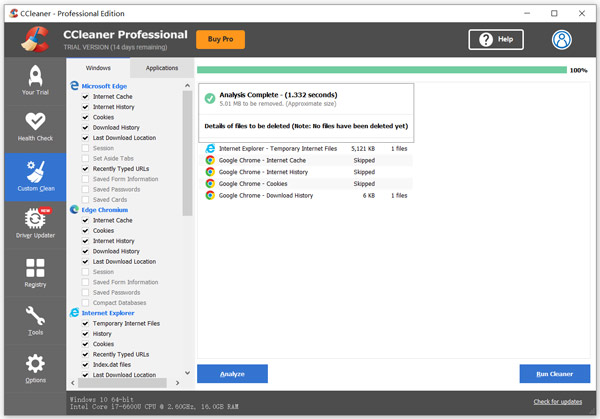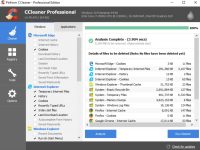
In 2009 a survey showed that more than half of all websites used Flash cookies. The most common type of supercookie is the Flash cookie (also known as an LSO or Local Shared Object), although HTTP ETags and Web Storage also fall under the moniker. Supercookie is a catch-all term used to refer to bits code left on your computer that performs a similar function to cookies, but which are much more difficult to find and get rid of than regular cookies. A primary means of doing this has been through the use of supercookies. Perhaps unsurprisingly, marketing and analytics companies have looked for ways to circumvent these measures and to continue uniquely identifying and tracking internet users. Understandably concerned about the privacy issues involved, the internet-using public has fought back and taken increasing effective measures to block, delete or control cookies, assisted by the fact most modern browsers have added cookie management and blocking features. Unfortunately, most of what people know about cookies regards HTTP (or ‘normal’) cookies small text files that are left in your browser’s cookie folder and that, in addition to doing lots of useful things such as remembering your passwords and favorite website preferences, can be used to identify you and track your movements across the World Wide Web. This is especially the case when that latest version of CCleaner has data collection options enabled by default (see the section below).After years of awareness-raising campaigns by privacy activists, which culminated this year in the European Union passing a ‘ cookie law’ banning any EU company or any company targeting EU citizens from placing ‘non-essential’ cookies on users computers without their consent, most internet users now know about cookies. It's a bit ironic to claim that going into a user's system without their permission and making changes is a move based on privacy and transparency. "Since the release of v5.46 we have updated some users to this version to meet legal requirements and give users more autonomy and transparency over their privacy settings." As it turned out, that's exactly what happened.Ī Piriform staff member responded with the following: A user on Piriform's forums noticed that CCleaner had automatically updated on his system without his permission.


The latest CCleaner controversy comes from ignoring user preferences about checking for updates. In our opinion, it isn't time to trust CCleaner. This is unfortunately not surprising after Avast purchased CCleaner developer Piriform in July 2017. Why Is CCleaner No Longer Safe?ĬCleaner, once a tidy app with no history of issues, has had several major problems in less than a year. Here's why you can't trust CCleaner anymore, and what to replace it with.


 0 kommentar(er)
0 kommentar(er)
